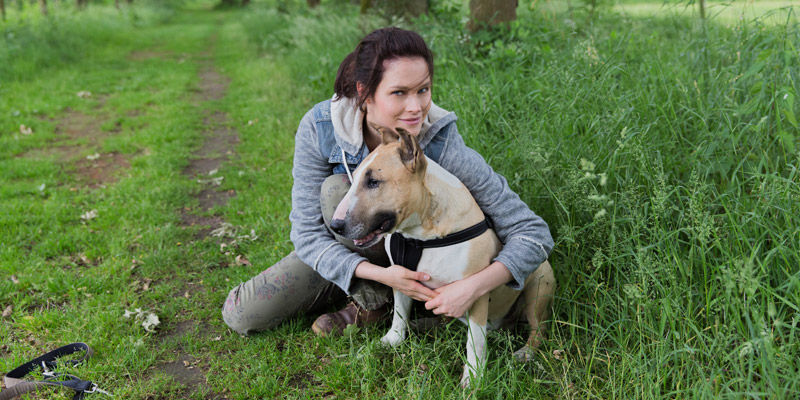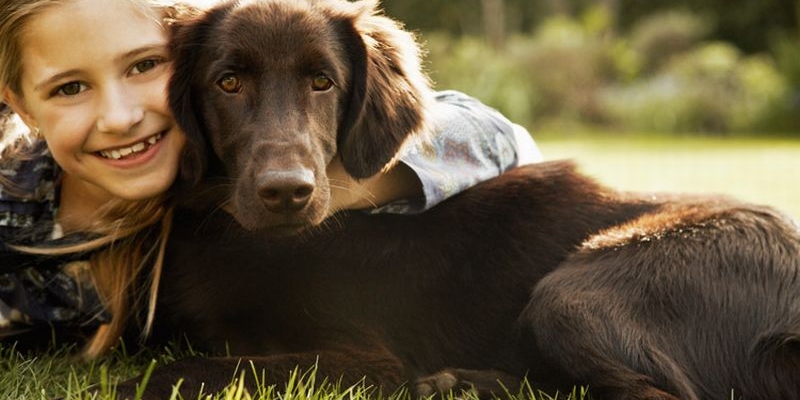Essential oils can help boost your dog’s immune system, calm itchy, irritated skin, reduce anxiety and much, much more. It is a very safe, natural and simple way to keep your pet happy and healthy over the years.
Introducing Essential Oils to Your Dog
We’ve all likely smelled at least a couple different essential oils over time. You’ve probably enjoyed the fragrant, floral smell of lavender or the purifying and potent scent of peppermint. Dogs have a very keen sense of smell, so these sometimes strong scents can be overwhelming at first. It is very important to slowly and gently introduce essential oils to your dog at their comfort level.
Dogs can pick up a scent from a good distance, so there is no need to come barreling in towards their face with an entire bottle of essential oil. I remember the first time I came near my dog with lavender in hopes of reducing his anxiety. I just walked right up with the open bottle and headed straight for his nose. He immediately reacted, tucking his ears behind his head and getting very nervous.
“What was wrong? Who doesn’t love lavender?”, I thought. But the smell was simply too much for him. Then, I learned the right way to respectfully introduce the oils to my dogs and, over time, I slowly warmed him up to it until he was totally comfortable and now he loves it! Continue Reading





 Avoid walking on hot surfaces whenever possible, especially black asphalt. The ground gets incredibly hot during the day and your dog’s pads are extremely sensitive. I usually like to walk my dog barefoot so I can get a feel for the ground we are walking on. If that’s not your thing, a good rule of thumb is to avoid walks in the middle of the day and, if it’s over 85 degrees, you’re better off staying in or just keeping your walk to a minimum until it cools down.
Avoid walking on hot surfaces whenever possible, especially black asphalt. The ground gets incredibly hot during the day and your dog’s pads are extremely sensitive. I usually like to walk my dog barefoot so I can get a feel for the ground we are walking on. If that’s not your thing, a good rule of thumb is to avoid walks in the middle of the day and, if it’s over 85 degrees, you’re better off staying in or just keeping your walk to a minimum until it cools down.




